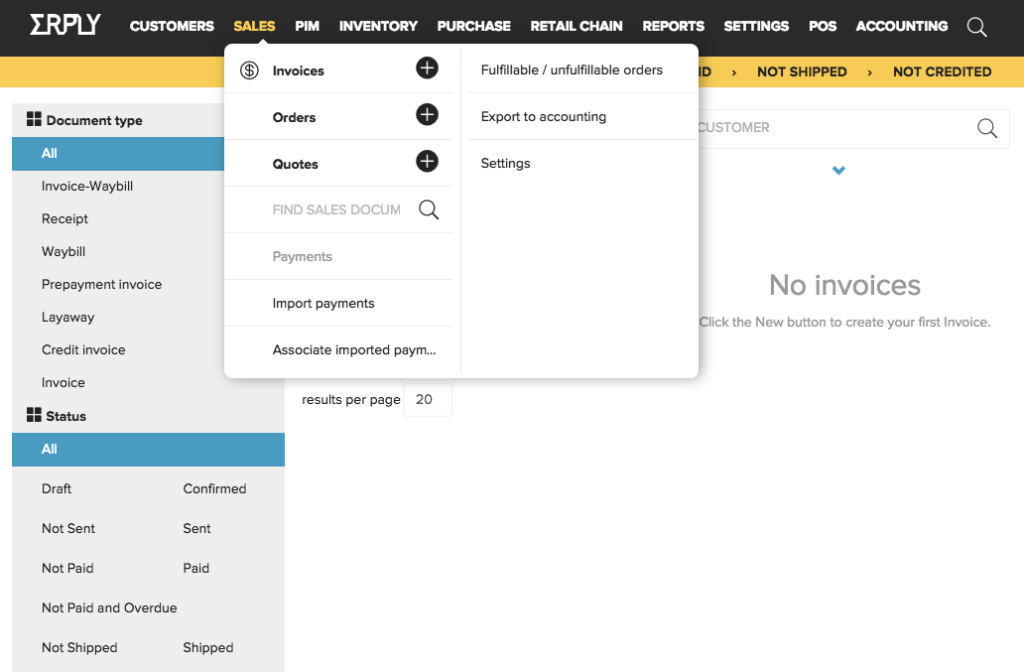Business software landscape began to develop very actively in the early 90s when the first MS-DOS based accounting programs appeared. The environment was DOS and also early versions of Windows. Today, all the software companies have created a number of plug-ins to these solutions and they cover most of the functionality required. Based on the fact that almost all of the software companies began to create their applications in the field of accounting, it is recognized even today that the accounting center pervades them all.

In a situation where companies use a business solution focusing on accounting
and on the matters associated with it, we can say that describing the history is the main function of the business software. Sales records are created and validated and it is carried out in sales in the software.
But in reality, the sale actually occurred much earlier: by communicating with the client, exchanging contacts, submitting offers, approving and accepting orders.
Nothing connects the accounting with the sales communication and the company’s external activities, but it creates a base for the existence of a competent CRM solution.
The concept of CRM focuses on collecting and processing the client communication materials and issuing notifications. The user receives information on when it is necessary to contact the client and what agreements have already been signed. Often a document management, a calendar or perhaps some other supportive module is connected with CRM. But now when accountingwith warehouse management, invoicing and orders (a so-called package that looks into the history) stands separated from CRM, we have a situation where the flow of information between these two fields is labor-intensive and is thus inefficient. The business software market needs a new solution - an integrated system - that connects CRM with online warehouse management, sales orders, and invoices. This would result in the company’s sales-oriented approach and helps achieve organized exchange of information when performing company’s supportive operations. The advantage of sales-oriented business software is better management of information between customer registry, warehouse, and invoices. Also, it would help reduce labor costs. Effectiveness could really be measured by cross-selling opportunities and by customer satisfaction resulting from better service.

Erply Retail Software - Start Free Today!
Even today there are companies where customer information is asked over and over again after several purchases in order to issue an invoice. The e-invoice request is quite often followed by a long thinking period and offers to resemble more to Excel calculations. In an increasingly competitive business environment, it is important to invest in achieving better numbers on sale and more friendly customer service. For many companies, it means development from the simple sales process to effective customer service.
Companies must analyze a customer’s previous purchases and their wishes. Thereby it is possible to make offers that meet the expectations of the customer.
The software is a good tool that can help differentiate through smart customer service. Company’s success is measured by the efforts it is willing to put into achieving these goals and it is worth the effort to conquer new heights in the changing economic climate.